You ever look around and wonder, “What’s everyone gonna do when stuff hits the fan?” I mean, most people aren’t even remotely prepared. Maybe they’ve got a couple of cans of soup in the pantry, and if you’re lucky, there’s a flashlight with half-dead batteries somewhere in the house. But when things really go sideways? Well, they’ll be scrambling for sure.
Not you, though. You’ve been through enough wild weather, power outages, and unexpected chaos to know better. When life throws a curveball, you don’t want to be the one stuck with nothing but a warm bottle of water. The tricky part? It’s like you’re the only one who’s thinking ahead. Everyone else is blissfully ignorant, like nothing bad could ever happen. Frustrating, right? But don’t worry, staying prepared doesn’t mean you’re going overboard. Let’s dig into why prepping is important and how you can do it without losing your mind.
Why Prepping Really Matters
Life is unpredictable, and things can go wrong fast. You don’t need some massive disaster to throw everything off balance. Sometimes, it’s just a storm knocking out the power, the shelves at the grocery store getting cleared out, or something simple like the water not running. (Remember the toilet paper apocalypse? Yeah, exactly.) Now imagine that, but with food or water. It’d be absolute chaos.
That’s why emergency preparedness isn’t about doomsday, it’s about staying calm when everyone else is freaking out. You’re not prepping because you think the world’s ending, but because you know life can be unpredictable. You’ve got peace of mind knowing that if something happens, you don’t have to scramble.
And really, who doesn’t want a little peace of mind these days?
Start Small (You Don’t Need a Bunker)
Here’s the good news: you don’t need to spend a fortune or build a fallout bunker to start prepping. Let’s be real, most of us aren’t looking to hoard enough supplies to outlast the apocalypse. Start small. Next time you’re at the grocery store, just grab an extra can or two of beans, or a couple of bottles of water. Over time, those little extras add up.
And focus on the basics, like stuff that doesn’t spoil easily: canned veggies, rice, pasta. You know, the good old survival staples. These are cheap, easy to store, and they’ll last practically forever.
Oh, and don’t sleep on water. You need at least a gallon per person, per day. I know that sounds like a lot, but trust me, it’s one of the most important things in your stockpile. If storing all that water feels overwhelming, look into getting a water filter. That way, if something happens to your water supply, you’ve still got clean drinking water ready to go.
Slow and Steady Wins the Race
Listen, you don’t have to do everything all at once. There’s no rush here. Every time you shop, just pick up a little extra. Maybe this week it’s an extra bag of pasta, next week it’s a pack of batteries. Over time, you’ll build up your emergency supplies without putting a huge dent in your wallet.
Also, remember to rotate your stash. Use the oldest stuff first and replace it with fresh supplies. You don’t want to be stuck with a bunch of expired cans when you need them most. That’s a prepper fail you definitely want to avoid.
Keep It Under the Radar
Here’s something you probably haven’t thought about: when stuff hits the fan, you don’t want to be the one everyone knows has a fully stocked pantry. People get desperate, and desperate people do crazy things. Trust me, you don’t want a mob at your door when supplies run out.
So, keep your prepping quiet. There’s no need to broadcast your stockpile to the world. Store your supplies in places that aren’t super obvious, and make sure your home security is solid. You don’t need to turn your house into a fortress, but good locks and maybe a motion sensor light or two go a long way.
Don’t Forget Medical Supplies
Most people are all about food and water when they think of prepping, but you know what gets overlooked? Medical supplies. What happens if someone gets hurt or sick? You don’t want to be left scrambling for bandages or pain meds in the middle of a crisis.
Start with a solid first-aid kit, but don’t stop there. Add things like antiseptic wipes, medical tape, and over-the-counter meds. Stuff like ibuprofen, cold medicine, and allergy meds are lifesavers when things get rough. Oh, and if you or anyone in your family takes prescription meds, try to keep a little extra on hand. You never know when you might need it.
Prepping for the People Who Don’t Prep
Let’s be real: you probably know a few people who think prepping is overkill. Maybe it’s a neighbor or even someone in your family. And when things go bad, guess who’s going to come knocking at your door? Yep.
It’s tough to say no to people you care about, but you can’t take care of everyone. One way to handle this is to set aside a small stash specifically for those who didn’t prepare. It doesn’t have to be much, just enough to help out without dipping into your main supplies.
And hey, while you’re at it, maybe encourage them to start prepping a little themselves. Even a couple of extra cans here and there can make a big difference when things get tough.
Skills Matter, Too
Prepping isn’t just about what you’ve got stored away. It’s about what you know. You can have all the supplies in the world, but if you don’t know how to use them or deal with an emergency, you’re not fully prepared.
Take some time to learn a few basic survival skills. Can you start a fire without matches? Can you purify water if your water filter breaks? What about basic first aid, do you know how to treat a cut or sprain if help isn’t available?
These skills can make a huge difference, and they’re not that hard to pick up. Plus, it’s always good to know you can handle yourself in a tough situation.

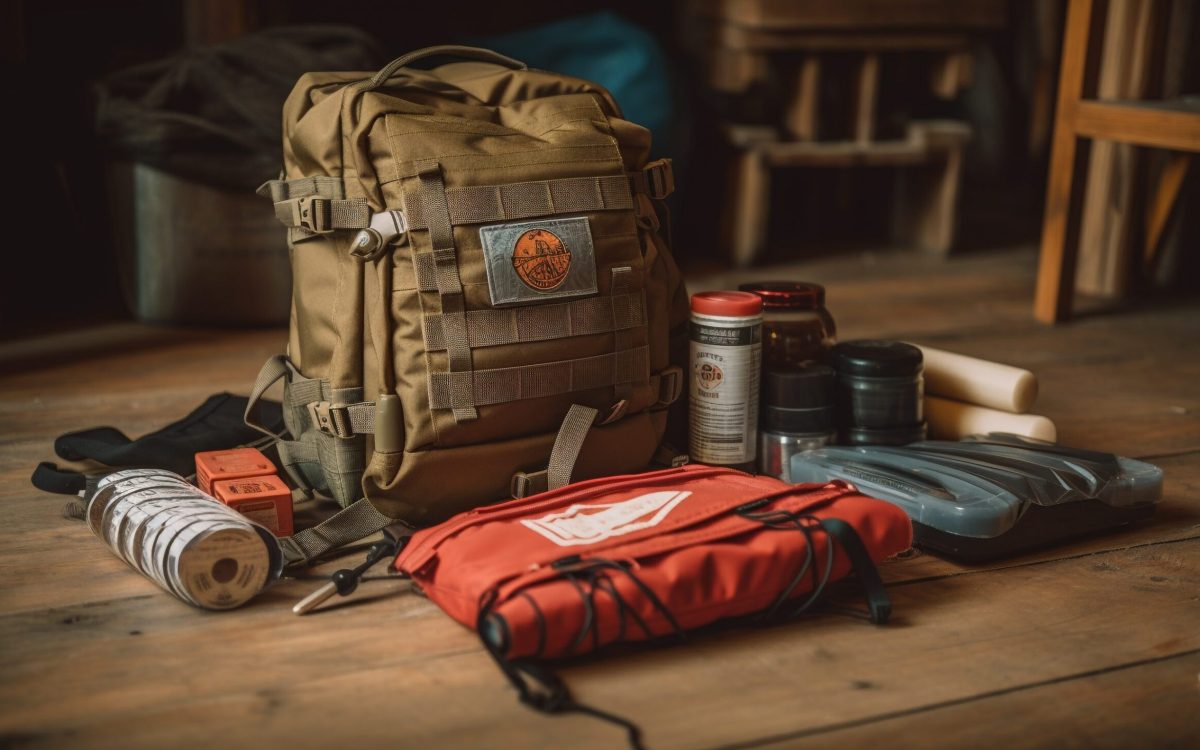


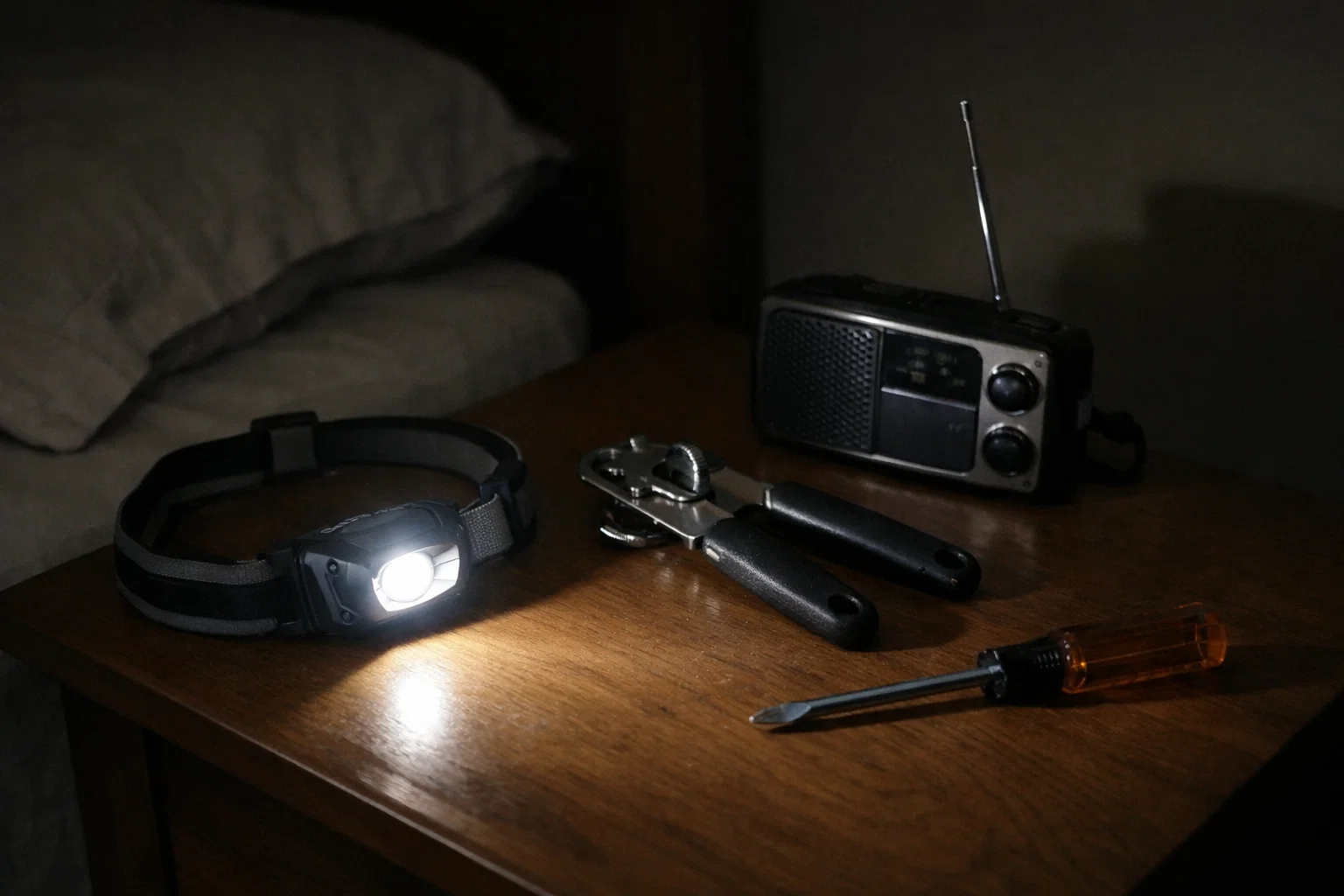
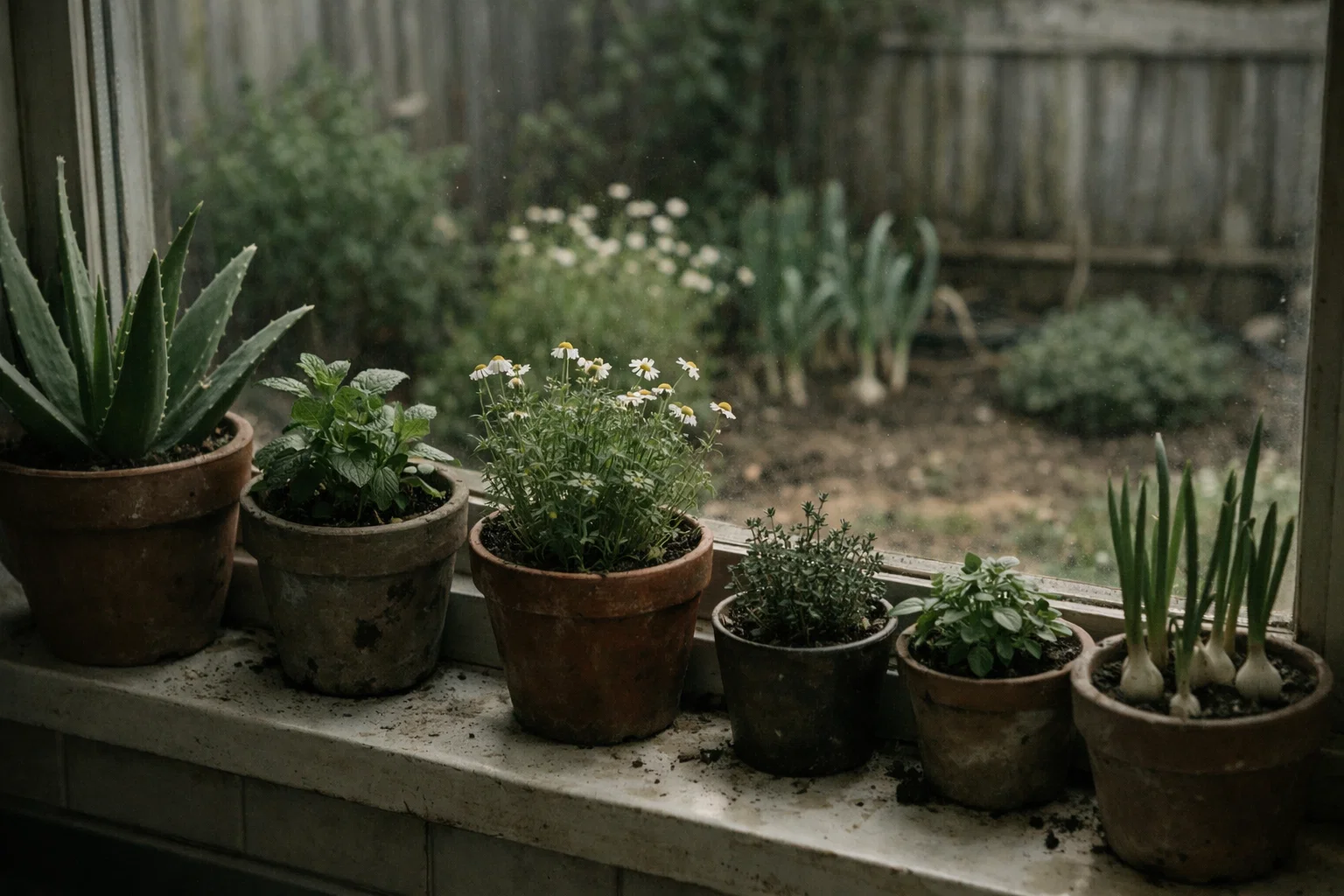
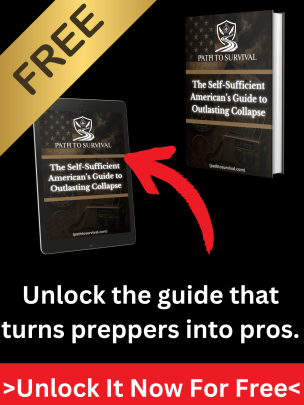

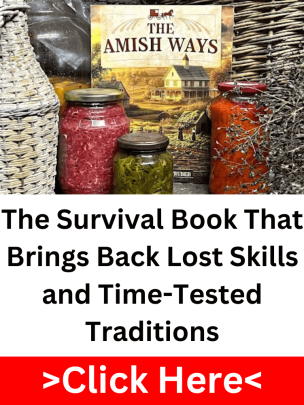
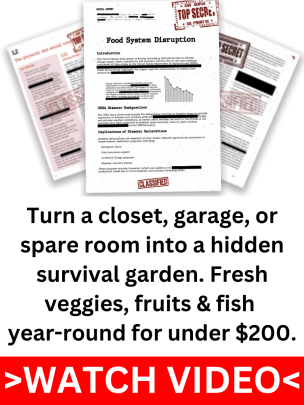
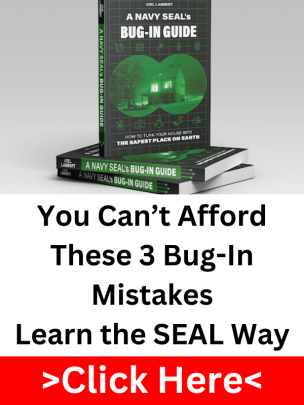


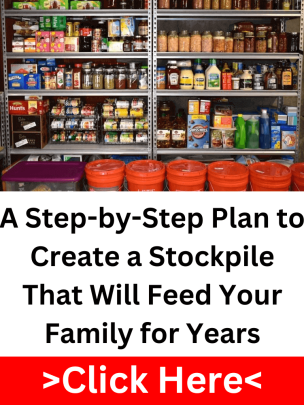
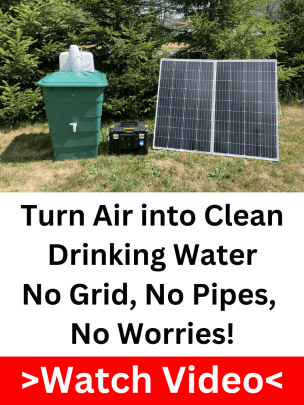
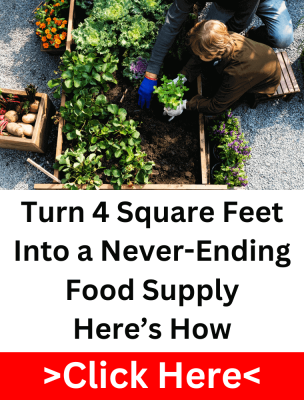


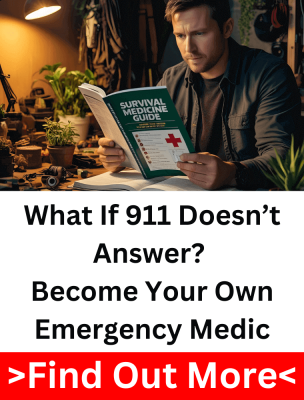

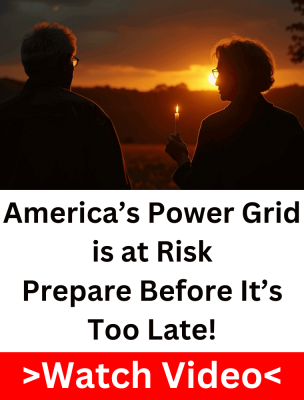

2 Comments